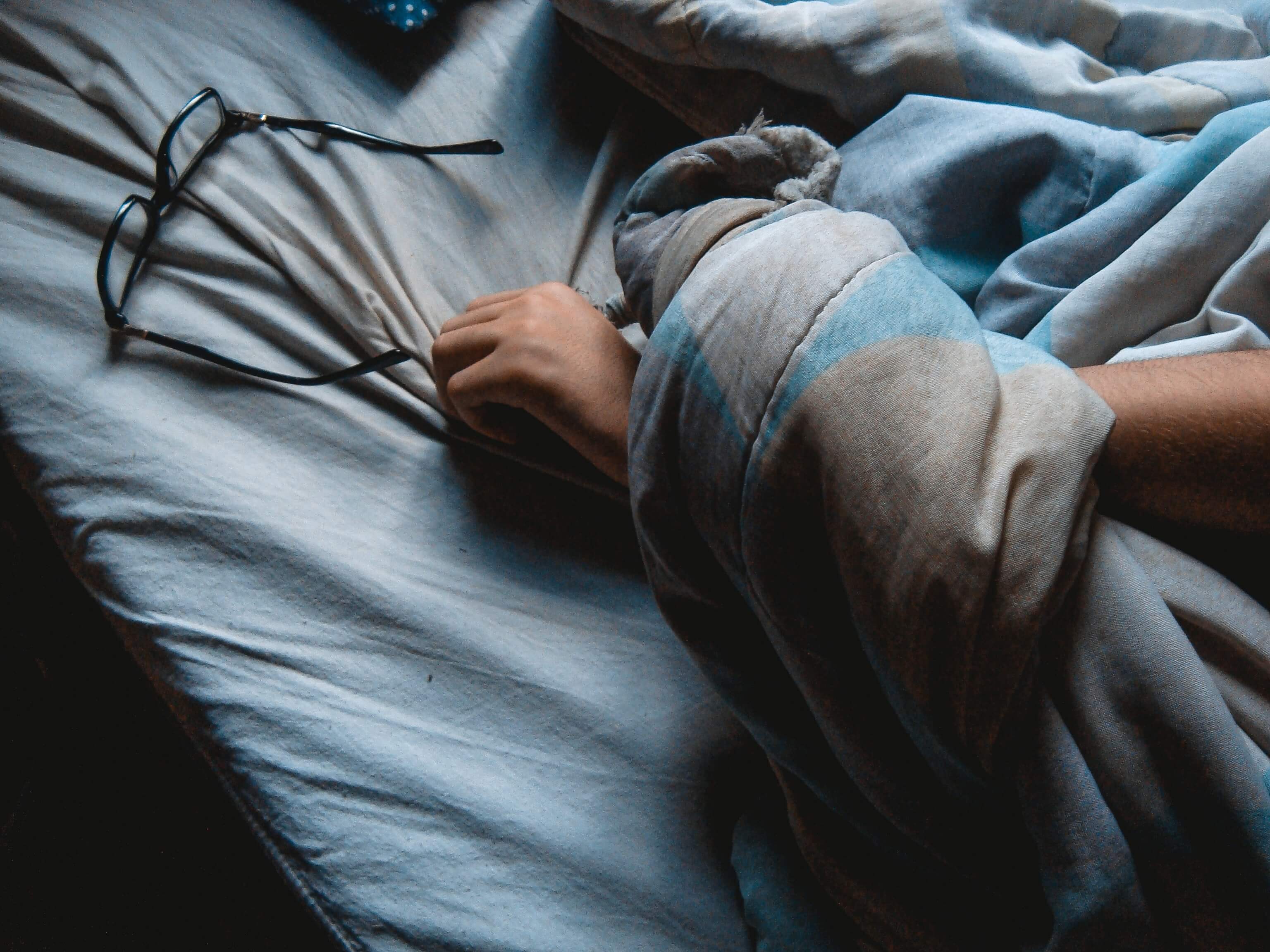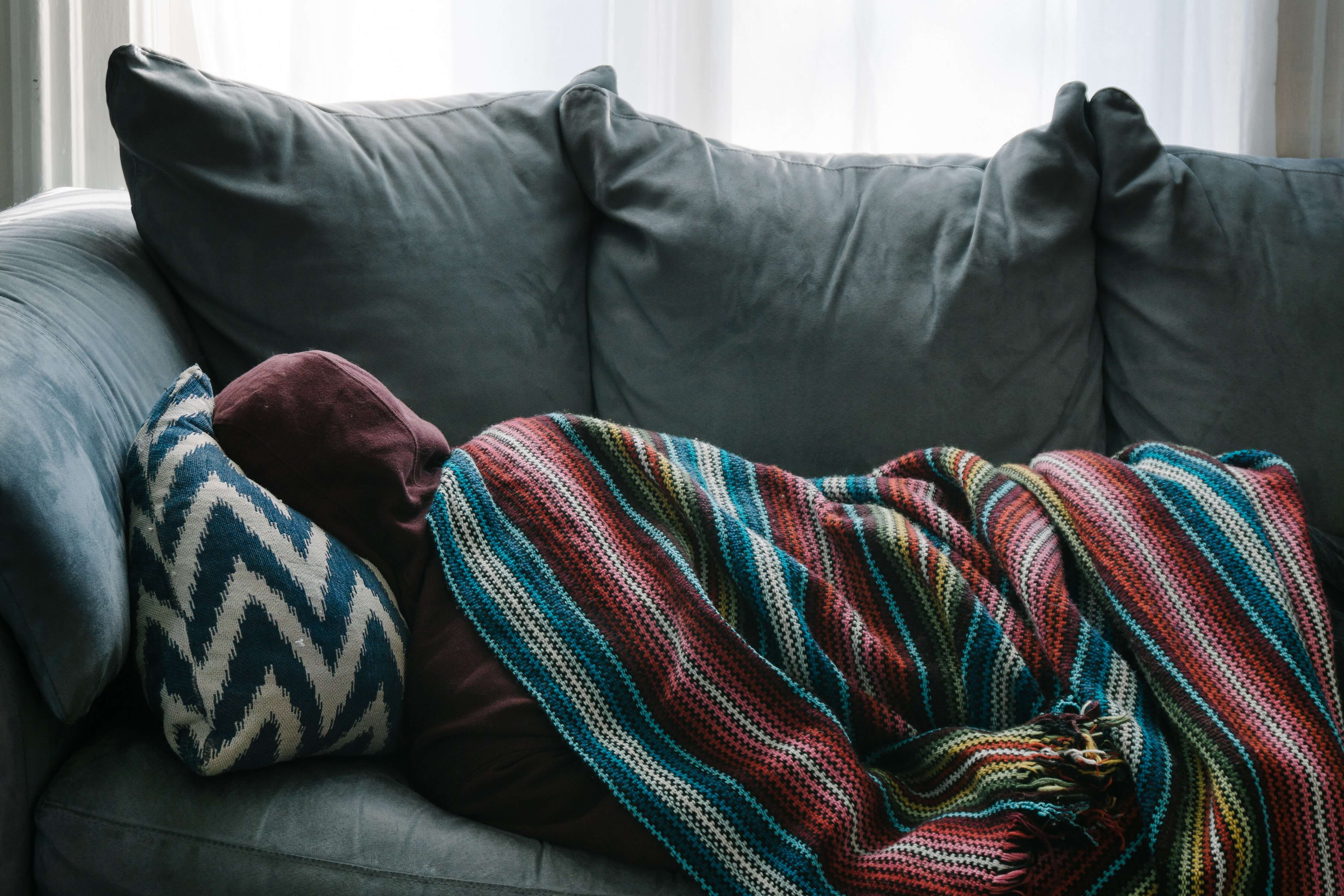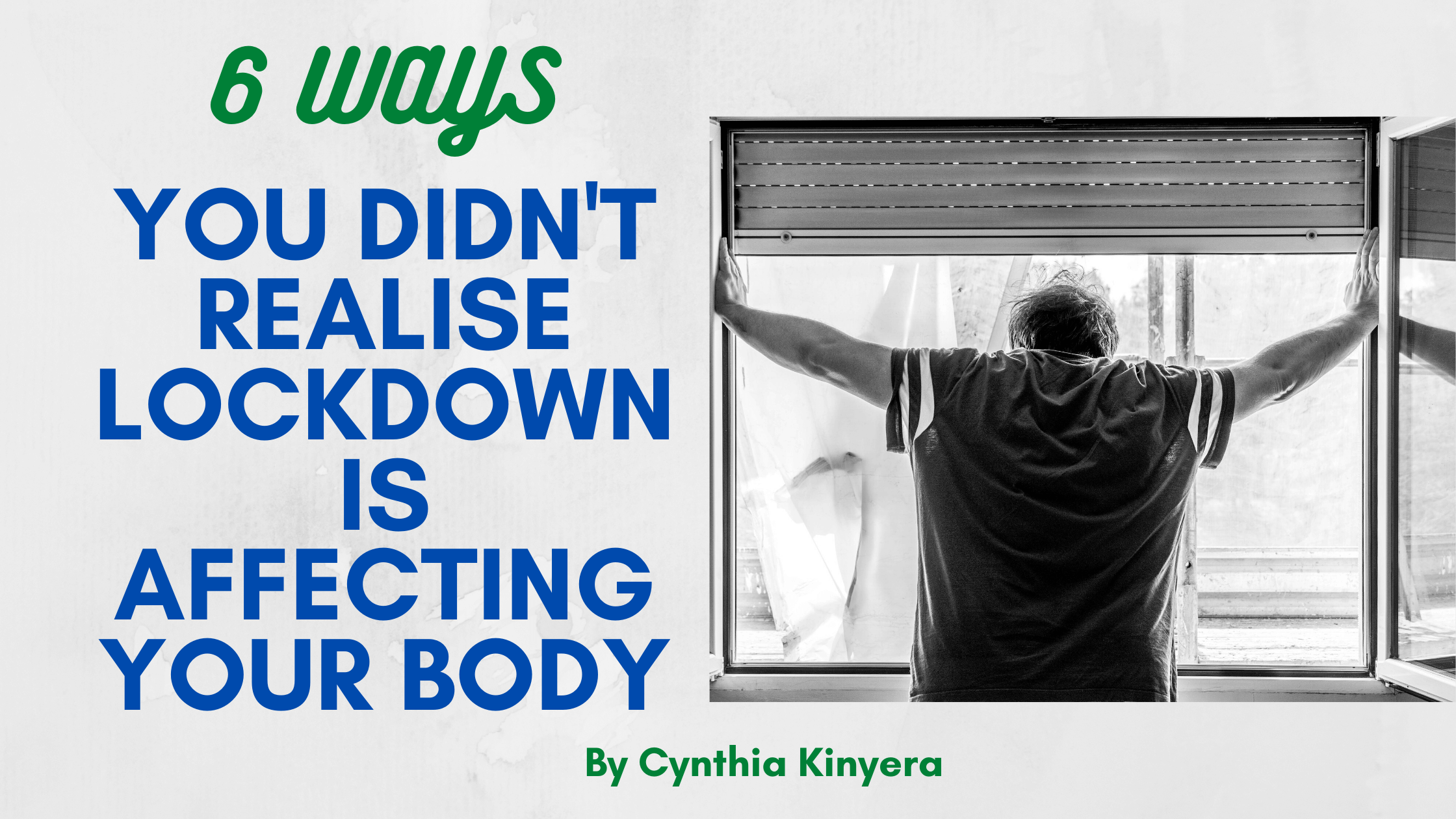You’re stuck at home.
You’ve tried a million ways to fill your time and be productive. Baking, reading, gardening, exercise, social media, name it. But something still doesn’t feel quite right.
Sound familiar?
Well, there’s a good chance that something actually isn’t quite right. Staying indoors for extended periods of time can have grave effects on your body.
Spending most of your time indoors is now the new reality. Amid the devastating Coronavirus pandemic, over 100 countries enforced full or partial lockdown measures as of March 2020. That means that for most of us, our lives have been uprooted and moved to the confines of our homes.
Among all these changes, have you ever stopped to wonder how lockdown is changing your very physical structure and health?
1. Your Brain and Mental Health

The way your brain works is altered when put in prolonged confinement. Do you struggle to remember what day it is? Can’t understand how a month is taking so long to end or ending too fast? Our brains are wired to rely on structure and routine to keep in touch with the world around us, and when we lose that, our perception of time goes into disarray.
For most people, mental health has also taken a huge hit. A recent study showed that stress levels for the average adult, have gone up by almost 50 per cent during the coronavirus pandemic. Those with pre-existing mental disorders like anxiety and depression tend to have them aggravated in this period, and a lot of people are developing them for the first time amid global trauma and panic.
Online counselling and therapy are quickly becoming necessary tools to manage mental health while social distancing. Maintaining a generally healthy lifestyle and keeping in touch with loved ones can also help during these difficult times.
The constant outpour of information from news media is also bound to lead to emotional and mental exhaustion. A good way to handle this is to limit the number of times you access the news to once or twice a day, to prevent panic and mental overload.
2. Back Pain

If you’re anything like me, you’ve decided to take advantage of the extra time at home by earning money or studying online. This probably means hours at your computer working. While this is good, like me, it could be killing your back. Bad posture and remaining in any given position for hours on end on a regular basis puts a strain on your body and spine. The result? Back pain and discomfort.
Most back pain can be alleviated with regular stretching, back exercises and monitoring your posture and how you sleep.
3. Sleep Problems

Are you suddenly tossing and turning at night? Or you fall asleep at the drop of a pin? This may be caused by the disruption in your circadian clock. This is basically the biological rhythm that signals to your body when it’s daytime or nighttime, and therefore when to sleep. This clock is greatly determined by when and how much you’re exposed to light.
So if you spend all day in a dimly lit room, and all night in an overly bright room, your sleep cycle is likely to be affected. Getting sufficient light in the morning and darkness before bedtime can help manage this. Otherwise, you are likely to sleep poorly or even get a circadian rhythm sleep disorder.
4. Bad Digestion

Do you know what sleep and digestion have in common? The circadian clock. These three factors affect each other and any significant change in one could affect the other two.
Apart from affecting sleep, our biological clock affects the functions of organs like the gut and the liver. It also determines your metabolism. Having constant bad sleep can also cause gastrointestinal problems, as well as affect your liver and gall bladder.
It is important to regulate your light exposure, sleep and maintain healthy eating habits to keep these three factors balanced.
5. Muscle Wasting

A lot of people rely on everyday movement like walking as their main exercise. As a university student, before lockdown, I walked a lot. To class, to my hostel, all over campus, and almost anywhere near enough so that I could save a buck.
Without school or work, many of us are struggling to keep in shape within the confines of our homes. But there’s much more to it than just gaining a little flab here and there or a few inches around your waist.
An inactive lifestyle makes you lose muscle strength in the long run. This doesn’t mean you need to have been a beefcake or a bodybuilder to be affected. Even for regular schmegular people, you can lose a significant amount of muscle mass and endurance just by sitting around all day. So push yourself and try to keep up with an exercise routine, or you’ll become weaker in a very literal way.
6. Weakening Your Immune System

The Coronavirus isn’t the only health risk you should be wary of. You may be surprised to hear that stress and chronic loneliness can weaken your immune system.
For a lot of individuals under lockdown alone, varying degrees of loneliness are a daily reality. Human beings are social creatures. It turns out that what we all feared is true: people need people. On a deep, biological level.
Additionally, the World Health Organisation warns that a leading cause of disability and disease is physical inactivity. A prolonged sedentary lifestyle can increase your chances of contracting pretty much any disease, from diabetes to heart complications. So if you’ve decided to dedicate the rest of 2020 to being a couch potato, you risk contracting a whole host of illnesses during the lockdown.
How Can You Keep All This in Check?
It is important to remember that lockdowns exist for a good reason. Though staying indoors is frustrating, I know, it’s important to follow the lockdown regulations in your country as best as you can. It will help us eradicate the virus faster, and prevent it from spreading and hurting the vulnerable.
Almost all physical complications from lockdown can be mitigated with exercise, a good diet, and structure. It is important to create a sense of routine in your life if you don’t want your days to blur into each other. Take advantage of technology to keep in touch with your loved ones and people you share interests with. This will help stave off loneliness and keep you grounded in reality.
For more severe cases, always contact the health authorities nearest to you.
Remember; the pandemic has overturned a lot of lives and it’s perfectly normal to have some difficulty adjusting. Don’t be too hard on yourself.


